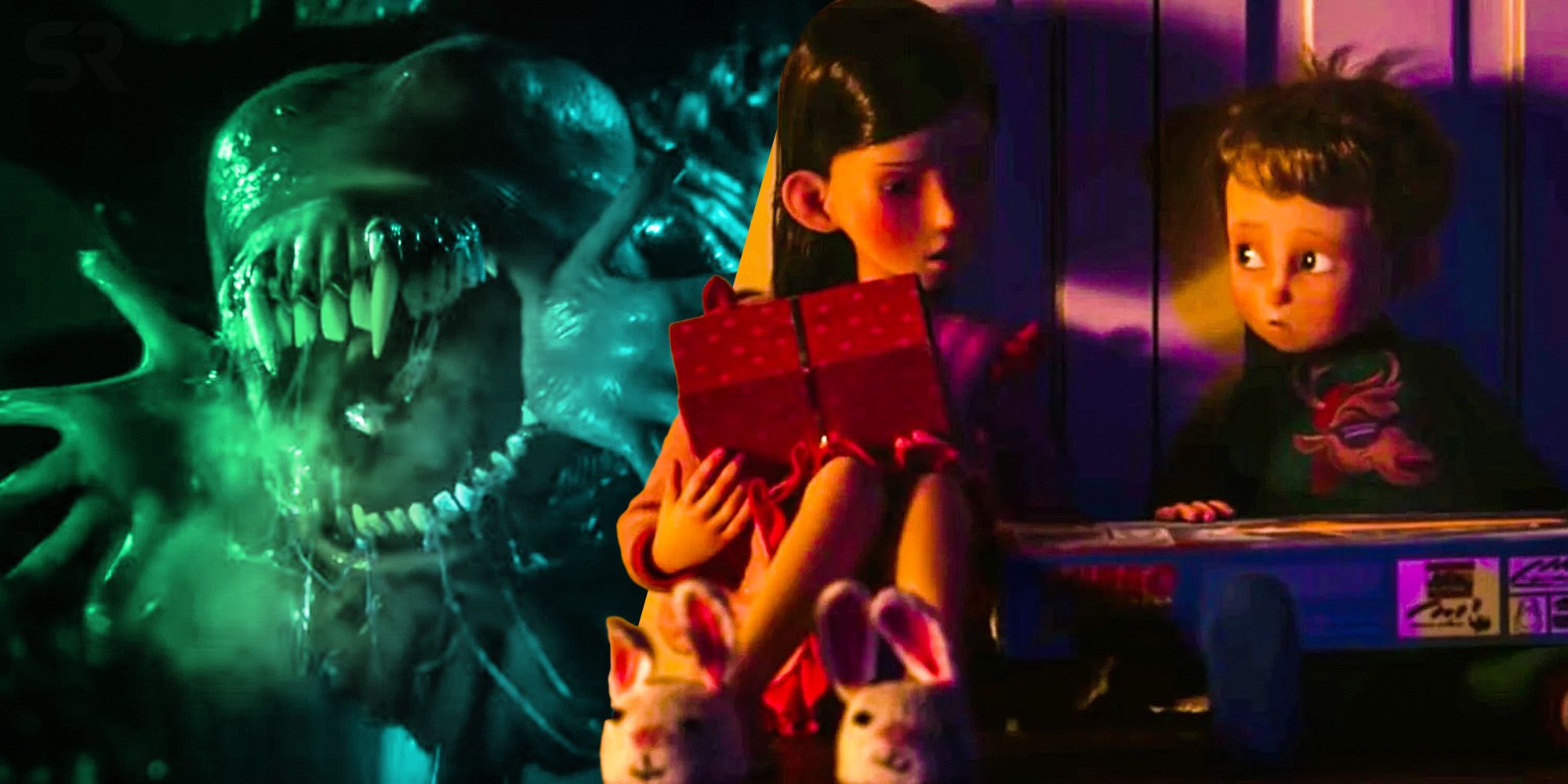
#MEANDER MOVIE ENDING EXPLAINED MOVIE#
The most sophisticated gamble of the movie is that Kaufman has taken this device and turned it into an open question: Can a fantasy exist on its own terms? So Lucy’s the main character and she also doesn’t exist? (He calls her “Ames.” Amy?) Jake has built her out of the books, movies, and passing encounters that have shaped his isolated worldview. Later in the movie, it’s not even clear if Lucy’s name is Lucy. When Lucy, an aspiring poet, shares one of her verses at the dinner table, it’s actually a sampling from “Rotten Perfect Mouth,” a collection of writings by real-life poet Eva H.D. It doesn’t take long for “I’m Thinking of Ending Things” to imply as much. At the end of Reid’s novel, it’s revealed that Jake and his unnamed girlfriend are the same person - the lonely high school janitor, who invented her as his fantasy. Is he telepathic? The answer is actually quite simple. On several occasions, Jake glances over to Lucy during her voiceover, sometimes interrupting it. In the opening sequence of the movie, Jake and Lucy endure an interminable drive up to his parents’ house, while Lucy continues to contemplate leaving him. Why does it seem like Jake can hear Lucy’s thoughts? In true Kaufmanesque style, these are our answers to our own questions all the quotes come from Kaufman. If you’d like to retain that aspect of it, try watching it on its own terms first, then double back to this breakdown to go deeper. Here’s our official FAQ, with input from Kaufman, for audiences eager to learn more.įair warning, if that spoiler alert up top hasn’t scared you off yet: “I’m Thinking of Ending Things” benefits from the eerie puzzle-like nature of its design. It isn’t necessary to understand every reference to grasp this aspect of the movie, or even appreciate its intent, but these intellectual pathways enrich the nature of the enigma and reward repeat viewings. While “I’m Thinking of Ending Things” may baffle or frustrate viewers trying to parse it from moment to moment, it also has a clear-cut sense of purpose: Jake, whose childhood room is loaded with books, DVDs, and other detritus from his youth, has so fully absorbed the media surrounding him that it seems to govern every aspect of his reality. The result is a dense, hypnotic narrative so overloaded with information that no first viewing can absorb it in total. “If I don’t allow that to happen, then I end up with something that feels dead to me.”

“I don’t know if it was an epiphany or breakdown with ‘Adaptation,’ but since then, I’ve found that I’m most successful with adaptations when I allow myself to take it and do with it whatever makes sense to me,” he said. Kaufman has instead bathed the whole movie in ambiguous signifiers right down the final scene. That climax marks a huge shift from the psychological thriller twist of Reid’s book, which takes a literal-minded turn to explain the moments leading up to it. In the meantime, the school’s old janitor (Guy Boyd) roams those hallways in a lonely routine, eventually crossing paths with the couple for a surreal climax. As this possibility settles in, the couple endure an awkward dinner, then depart for an icy drive home that culminates with a detour to Jake’s high school.

As the title implies, Lucy, the narrator, has already considered dropping him. “I’m Thinking of Ending Things” pulls from Canadian writer Iain Reid’s 2016 novel, but Kaufman has taken many liberties with the text, even as the basics of the story remain unchanged: Jake (Jesse Plemons) takes new girlfriend Lucy (Jesse Buckley) on a snowy drive to meet his parents (Toni Collette and David Thewlis). 'Everything Everywhere All at Once' and 'Nope' Lead Early Best Original Screenplay Contenders How 'Entergalactic' Pictured the Love Story in Kid Cudi's Head (and Songs) 'Bros' Star Ts Madison on Acting, the Future of Trans Film, and Marvel: 'I Want to Be Everything'


 0 kommentar(er)
0 kommentar(er)
